Choosing the right furniture supplier can define the success of your sourcing strategy. For importers, retailers, and project-based buyers, Vietnamese and Indonesian furniture suppliers stand out as two leading furniture manufacturing countries in Southeast Asia. While both are strong contenders, Indonesian furniture manufacturers like MPP Furniture offer a distinct edge: flexible MOQ, responsive communication, and in-house product development support. This article offers a side-by-side comparison to help you make an informed decision.
Market Overview: Where Do Indonesia and Vietnam Stand Today?
Global Export Ranking
Vietnam ranks as Asia's second-largest furniture exporter after China, contributing over $17.6 billion annually, with over $9.4 billion going to the U.S. (APLF; Furniture Today). Indonesia, while smaller in scale, remains in the global top 10. In 2015, Indonesian furniture manufacturers ' exports were valued at around $1.34 billion (ResearchGate). Despite a 31.9% decline between 2007–2018, Indonesia is recognized for its handcrafted quality and unique materials.
Target Export Destinations
Vietnam dominates the European market due to the EVFTA agreement (APLF). Indonesia has strong trade ties with Australia, the U.S., and parts of Europe through GSP and its mandatory SVLK certification (ResearchGate).
Growth Strategies and Industry Models
Vietnam focuses on mass production through large-scale factories with foreign investment. Over 50% of its exports in 2019 came from FDI-backed companies (TRACCC). Indonesia thrives on its ecosystem of medium-sized and family-run furniture manufacturers, particularly in Jepara and Cirebon.
Jepara is renowned for its woodcarving and artisanal craftsmanship (Econstor; arXiv), while Cirebon has developed into a hub for natural rattan and woven furniture production. MPP Furniture, for instance, is a third-generation business rooted not only in rattan but also in wood furniture craftsmanship. The founders come from a lineage where their grandfather was a major timber trader in Cirebon, long before the city became widely known for rattan. MPP Furniture is a sister company of MPI Furniture, a second-generation rattan exporter.
This multigenerational history highlights that Cirebon has always had deep roots in wood production, though less publicized than Jepara, and reinforces Indonesia’s strength in design flexibility, heritage-based quality, and a deep understanding of export standards and buyer expectations.
Indonesia vs Vietnam – Which is the Better Furniture Supplier?
| Criteria | Vietnam | Indonesia (MPP Furniture) |
|---|---|---|
| Labor Cost | Lower, ideal for high-volume production | Slightly higher, but offset by raw material sourcing advantages |
| Material Sourcing | Often imported (oak, ash, rubberwood) | Local teak, rattan, and bamboo from Java |
| Certifications | FSC, FLEGT (optional) | SVLK (mandatory), Legal Label (for upholstered furniture to the U.S.) |
| MOQ Policy | High MOQ per SKU, limited mix container flexibility | Mix-item container accepted, no rigid MOQ per item |
| Lead Time | 30–45 days for mass models | 45–60 working days, including custom development |
| Customization | Limited flexibility, standard designs | Full OEM & private label support, free sampling |
| Production Focus | Mass production, cost-efficient, standardized | Design-driven, human-crafted, flexible for niche projects |
| Communication | Often via agents or trading companies | Direct, English-speaking team, free consultation & updates |
| After-Sales Support | Varies, often limited | Strong documentation, certification help, buyer support |
| Best For | Large brands with fixed models | Boutique buyers, retailers, and project-based importers |
1. Cost and Pricing Comparison
Labor, Production Cost & Material Sourcing
Vietnam’s edge lies in its extremely low labor cost, ideal for companies focusing on bulk production with minimal customization. Many Vietnamese manufacturers rely on imported wood materials such as oak and ash, or plantation acacia and rubberwood, which may add additional freight and sourcing steps, especially for customized orders. Indonesia, meanwhile, benefits from abundant local resources like teak, bamboo, and rattan, especially in Java. These are sustainably harvested and often processed in-house, giving Indonesia a shorter material supply chain, lower material costs, and a more eco-authentic offering.
Worth reading: 4 Best Indonesian Woods for Furniture: Why Teak Isn’t Always Better
This makes Indonesian furniture manufacturers appealing to buyers seeking sustainable, ethically sourced wood products with a natural story to tell their customers. Conversely, Vietnam is better suited for buyers prioritizing speed and uniformity at scale, even if some materials are sourced externally.
Tariff & Certification Impact
As of August 2025, Indonesia is subject to a reciprocal tariff of 19% for furniture exports to the U.S., down from 32% earlier that year (moderndiplomacy.eu). Vietnam faces a 20% tariff for standard exports and up to 40% for goods transshipped via third countries without value-added processes (Reuters, expresstradecapital.com). This positions Indonesia as slightly more cost-efficient for U.S. buyers. Coupled with certifications like SVLK and Legal Label, Indonesian furniture exports benefit from smoother customs clearance and added legal credibility.
Cost-Effectiveness by Order Type
Vietnam’s strength is bulk efficiency; if you want 10,000 of the same chair, Vietnam is likely cheaper. Indonesia, on the other hand, excels in fulfilling diverse orders. Whether a buyer needs a mixed container of 50 different SKUs or a one-off project, Indonesian suppliers like MPP are more adaptable, delivering competitive pricing without sacrificing variety or quality.
2. Design, Customization & Sustainability Standards
OEM, Private Label & Sample Support
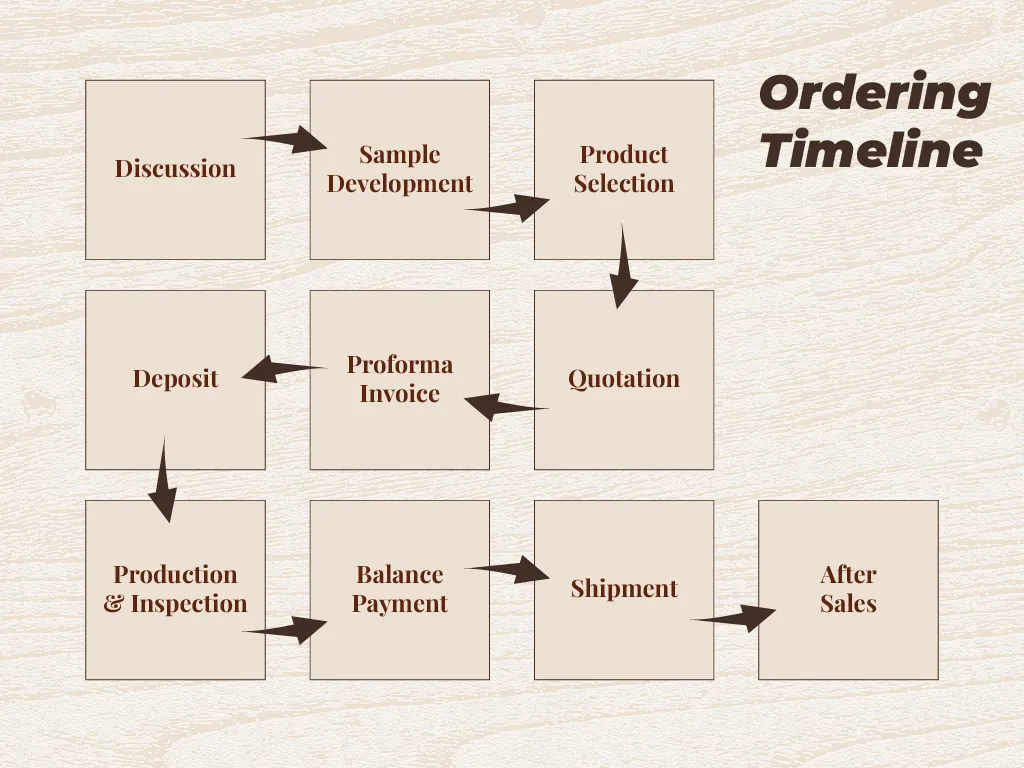
Vietnamese manufacturers often work with strict templates and batch minimums. Indonesian Manufacturers, such as MPP Furniture, offer greater collaboration: they help develop new designs from scratch, send free samples pre-visit, and accommodate design iterations based on buyer feedback. This makes Indonesia ideal for boutique brands and retailers seeking differentiated collections.
Learn more about how to buy furniture from Indonesian suppliers
Certification & Trust
FSC certification is common in Vietnam but optional. In contrast, Indonesia’s SVLK is mandatory, meaning every exporter is subject to legal timber compliance. This gives buyers more confidence in consistency and legality, which is particularly critical in institutional and government projects. The addition of Legal Label for U.S.-bound products shows Indonesia’s commitment to aligning with international best practices in legality and traceability.
Value-Added vs Mass Production Focus
Vietnam’s production lines are optimized for repetition, aiming for volume efficiency and standardized output. While this reduces cost per unit, it may come at the expense of uniqueness and high-end finishing. Indonesia, however, integrates craftsmanship into its manufacturing; handwoven rattan, detailed joinery, and artisanal finishing come as standard. The cultural diversity and artistic legacy of Indonesian craftsmen translate into furniture that feels more human and storytelling-driven.
Quality Assurance and Production Standards
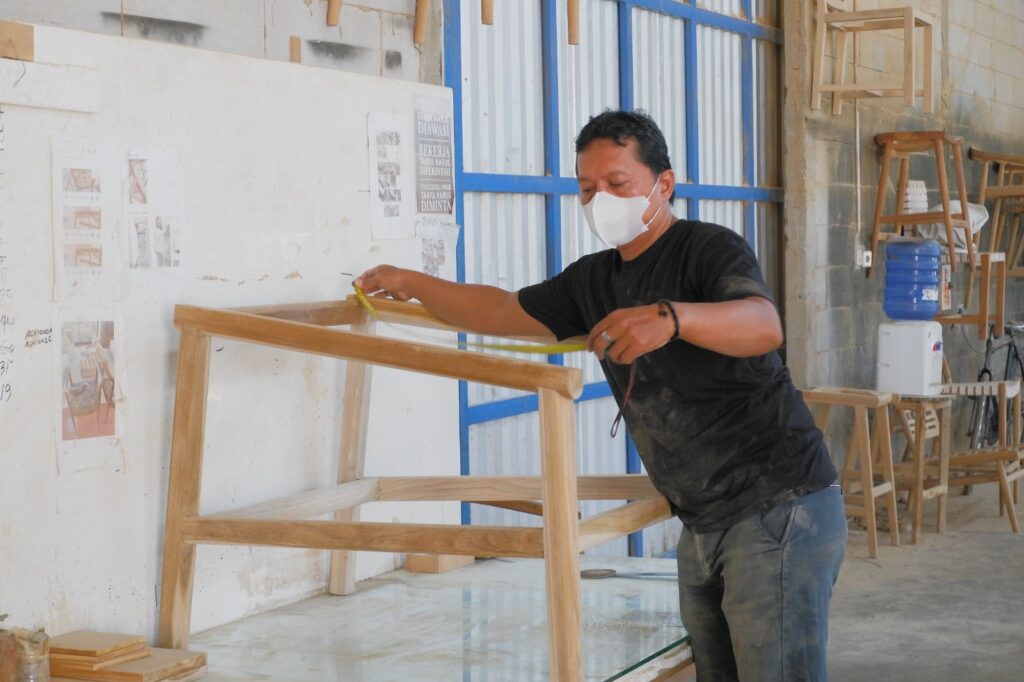
In Vietnam, quality control is often streamlined for large-scale output. While many factories comply with international QC standards, the focus remains on throughput and uniformity, making it challenging to maintain excellence across custom SKUs or varied models. Indonesia takes a more hands-on approach. Companies like MPP Furniture perform multi-stage quality checks, including moisture control, sanding consistency, finishing thickness, and final assembly inspection.
Each step is handled in-house, reducing the chance of oversight and improving traceability. Furthermore, Indonesian furniture suppliers often welcome third-party inspections and offer photo/video documentation at every stage, reinforcing transparency. The result is not just aesthetic appeal but long-term durability especially important for outdoor furniture and institutional buyers seeking reliability over the years.
3. MOQ, Lead Time & Supplier Flexibility
MOQ Policies
Vietnamese suppliers often set high MOQs, typically 100+ units per SKU, which suits mass production but limits flexibility for smaller or diversified orders. Some manufacturers offer mixed container solutions, but usually with restrictions on the number of SKUs or minimum quantities per design (daiphuchungthinh.com.vn).
In contrast, Indonesian furniture suppliers like MPP Furniture adopt a buyer-friendly policy: as long as the buyer fills a 1x40’ container, items can be freely mixed across SKUs with no rigid per-item MOQ, and custom options for furniture in Indonesia. This flexibility and custom furniture help retailers test new designs, diversify inventory, and launch new collections without the burden of overstock, often 100+ units per SKU.
This is restrictive for buyers seeking a variety of products per shipment. MPP Furniture adopts a buyer-friendly policy: as long as the buyer fills a 1x40’ container, items can be mixed without per-item MOQ restrictions. This flexibility saves inventory costs and supports experimentation with new collections or market testing.
Lead Time
Vietnam can ship standard models fast, sometimes in 30 days. But if you need a custom prototype or significant alterations, the timeline stretches. Indonesian furniture manufacturers like MPP Furniture average 45-60 working days, even for new product development. The added lead time often reflects better attention to detail and quality assurance.
Communication & Aftersales
Language barriers and indirect communication channels can slow coordination in Vietnam, particularly with large factories or third-party trading companies. Indonesian suppliers like MPP prioritize direct communication with fluent English-speaking reps who guide clients from design to delivery. Plus, after-sales support such as documentation handling, certification consulting, and progress updates is integrated into the service.
Real Experience: Where Indonesia Outperforms Vietnam
A furniture retailer from the U.S. was exploring alternative furniture suppliers. Before visiting Indonesia, they requested a prototype of a custom outdoor dining chair and lounge chair. MPP Furniture, as a strategic furniture supplier in Indonesia, provided a free sample, and upon inspection during their visit to Cirebon, the buyer confirmed, “Everything looks perfect, even the finishing color.”
She also remarked that he didn’t miss even the small detail on the back curve, a testament to MPP’s precision and craftsmanship. They were also allowed to mix multiple items in one container, which would have been difficult under Vietnam’s MOQ policies.
Learn how to step by step when sourcing from Indonesian furniture suppliers
Conclusion: Choosing the Right Partner
Both Vietnam and Indonesia are strong furniture exporters. Vietnam offers cost efficiency in mass production, but Indonesian furniture manufacturers like MPP Furniture stand out in flexibility, customization, and personal service. For businesses that want a collaborative partnership, high design value, and a supplier that listens, Indonesia is the more strategic long-term partner.
✅ Work with MPP Furniture
Here are why the global buyers trust us:
- Mix-item containers with flexible MOQ
- Free new product development & sampling
- SVLK & Legal Label certified
- One-stop production: wood, rattan, indoor-outdoor furniture, and craft
- Transparent communication & documentation
📦 Request a sample or schedule a consultation today.
🤝 Connect via LinkedIn
📺 Watch our factory tour
✆ Contact us via WhatsApp for the fastest response
FAQ
Which country is best for furniture manufacturing?
It depends on your priorities. Vietnam is great for high-volume, standardized production. Indonesia is better for quality-focused, design-oriented buyers looking for flexibility, lower MOQs, and local material sourcing like teak and rattan.
How long does it take to manufacture furniture in Indonesia?
Lead time in Indonesia typically ranges from 45–60 working days. MPP Furniture accommodates this even for new product development and custom orders.
What documents are needed to import furniture from Indonesia?
You’ll need standard export documents, SVLK certification (mandatory for legal wood), and Legal Label if exporting to the U.S. MPP supports all documentation and compliance processes.
Who are the top furniture exporting countries?
As of 2025, China remains the leader, followed by Vietnam and then countries like Poland, Italy, Germany, and Indonesia, which hold a strong position in the top 10.
Why choose Indonesia over the top furniture manufacturers in the USA?
Indonesia offers significant cost advantages, access to tropical hardwoods like teak and mahogany, artisanal craftsmanship, and export-readiness. For those seeking high-quality furniture with a story and character, Indonesia, especially MPP, is a strategic choice.

Hi, I’m Salman, founder of MPP Furniture, an Indonesian furniture manufacturer serving global retailers and project-based clients.
I began my career in my family’s export-oriented furniture company, gaining hands-on experience in production, construction, finishing, material performance, and product development. With a clear understanding of how international buyers evaluate furniture quality and reliability, I founded MPP Furniture to deliver export-ready products with consistent standards.
Here, I share insights from the perspective of a furniture manufacturer working directly with production teams on the factory floor, focusing on manufacturing and supplier evaluation.
Connect on LinkedIn
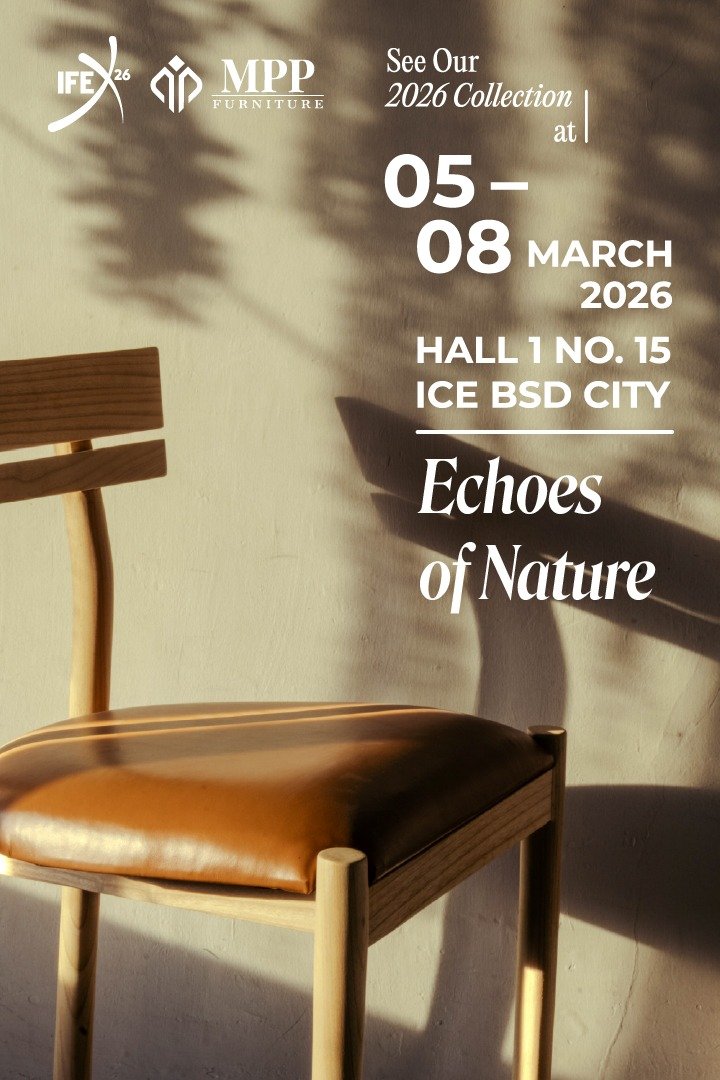
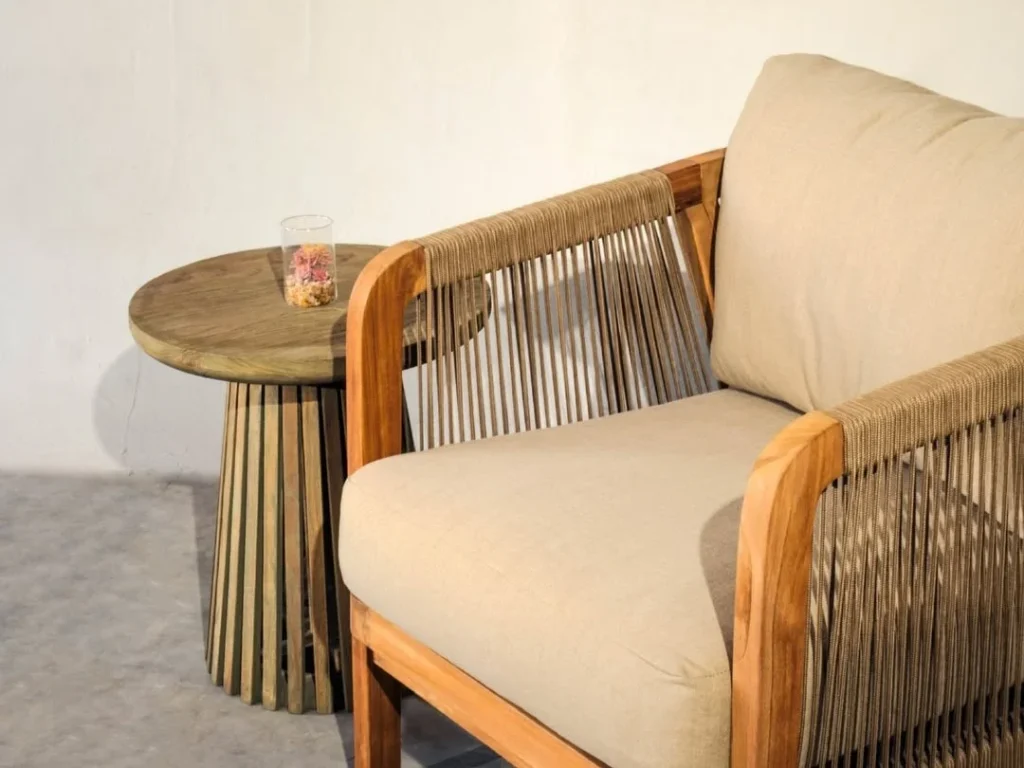
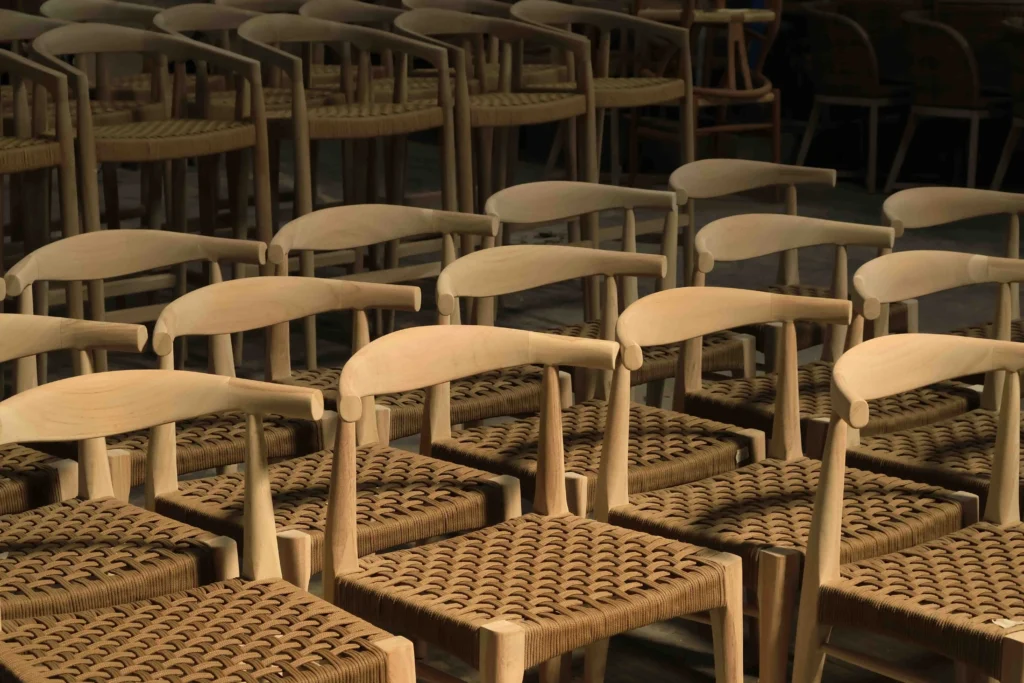
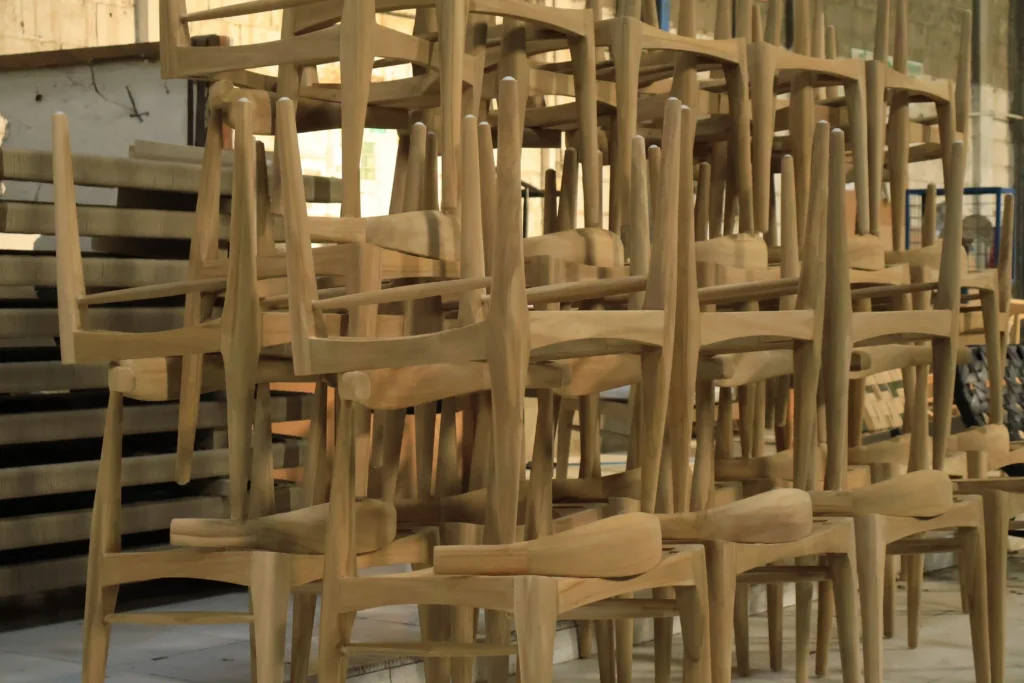
0 Comments